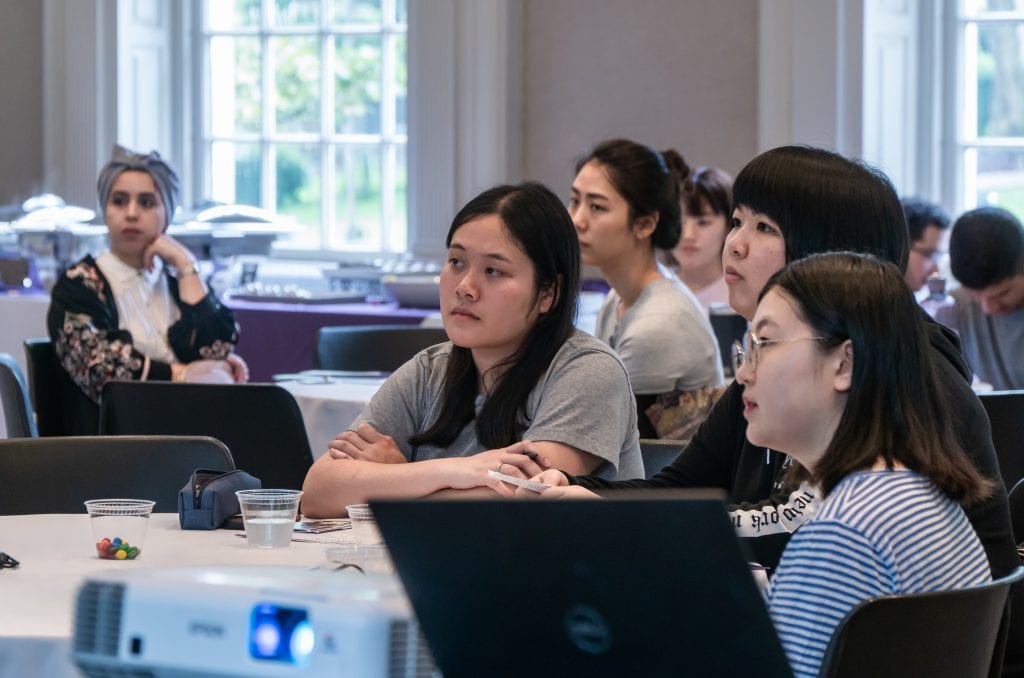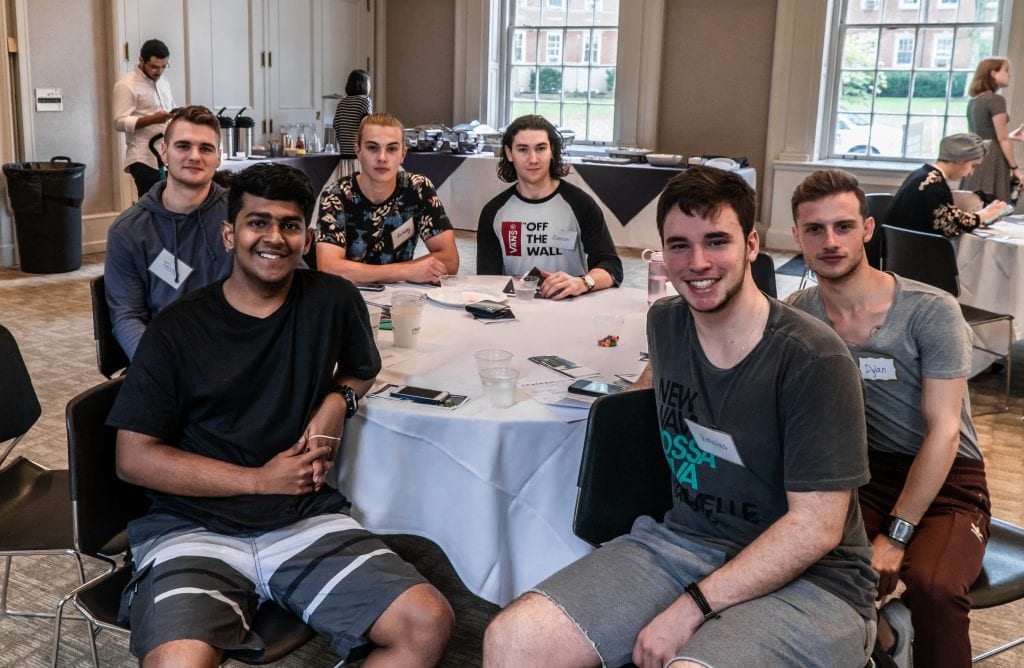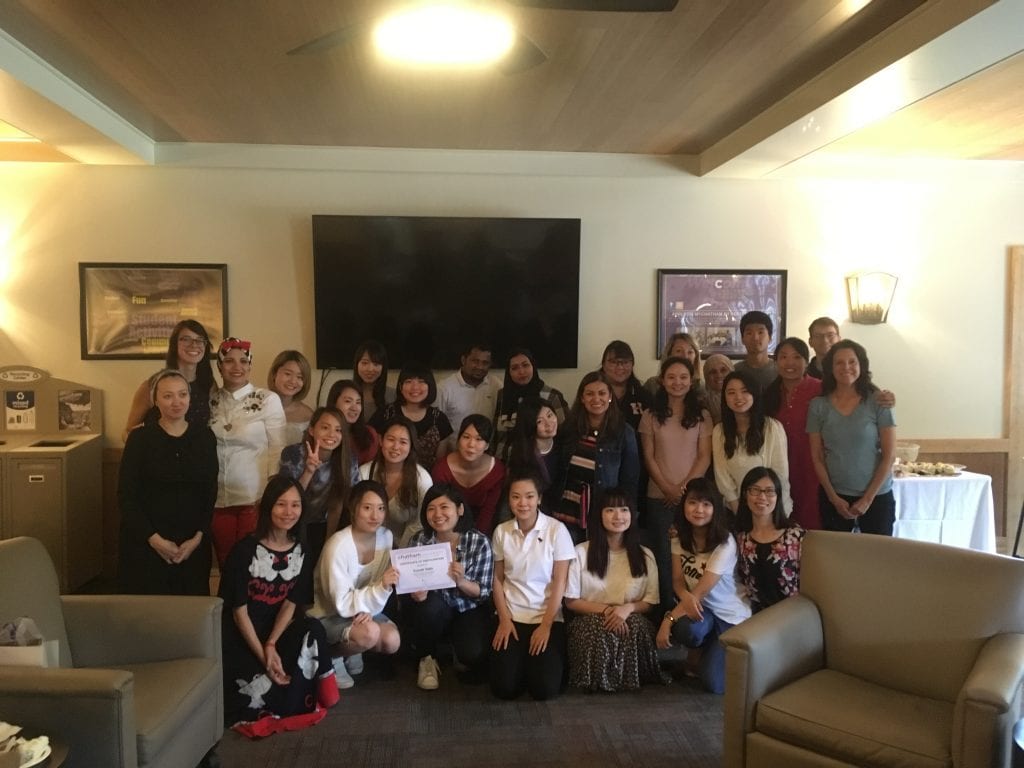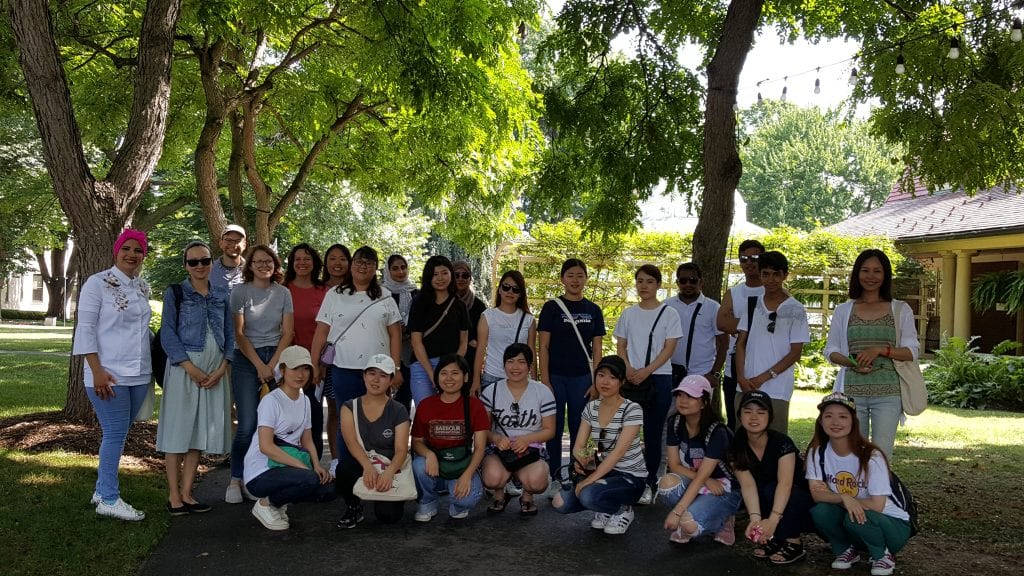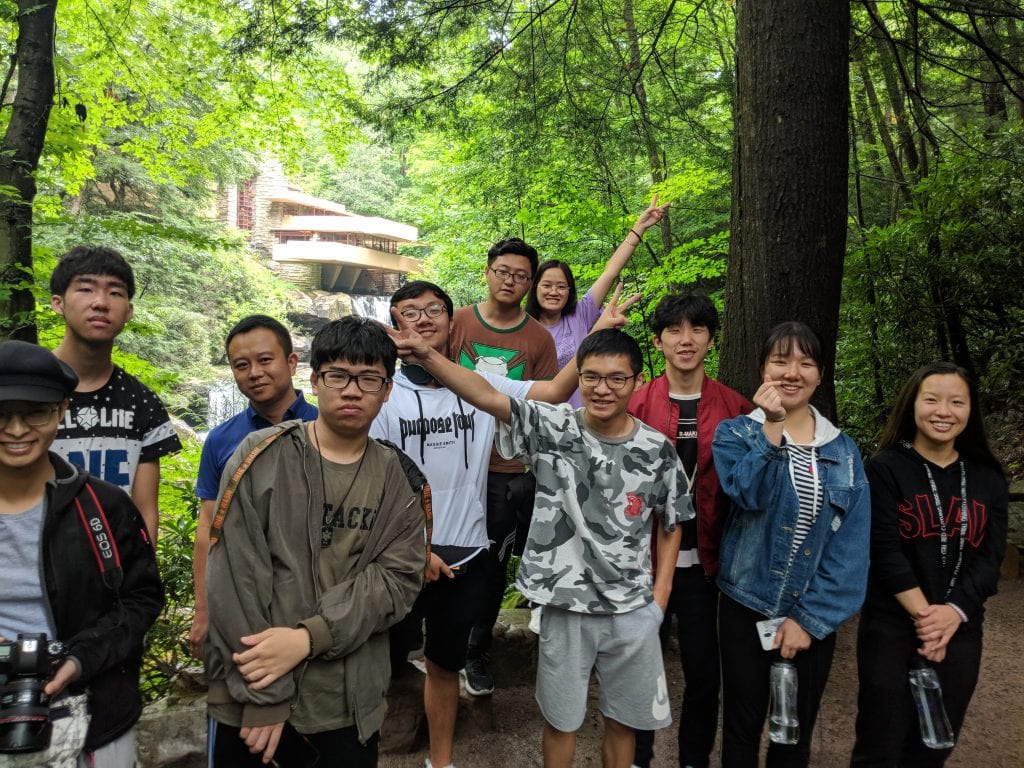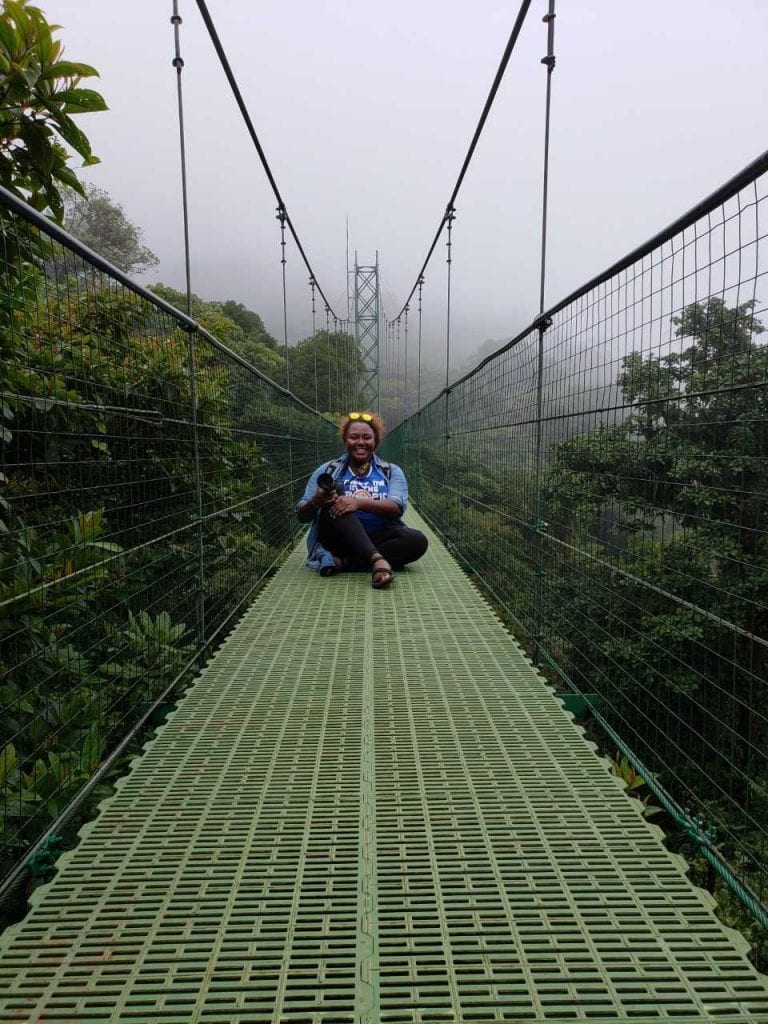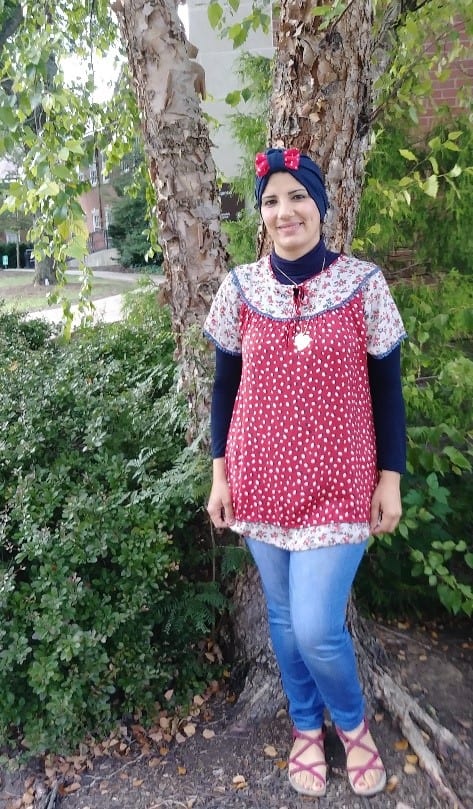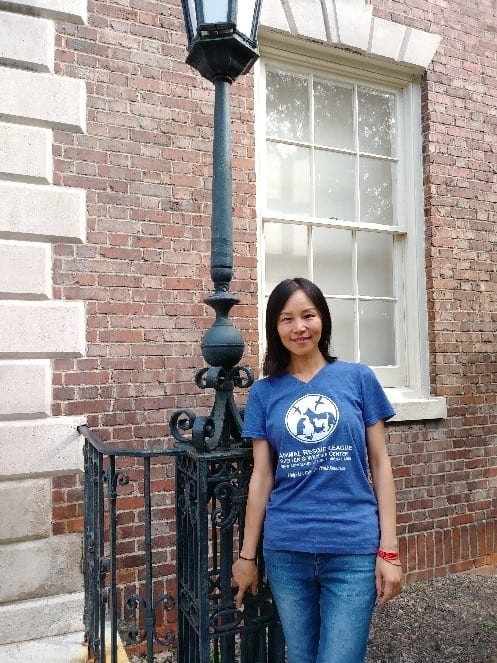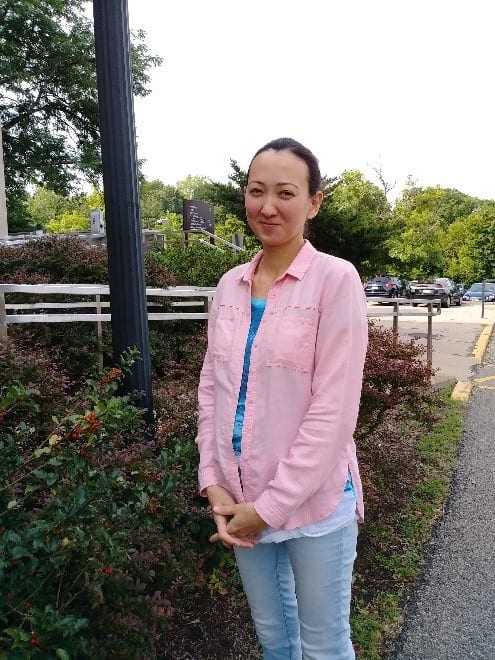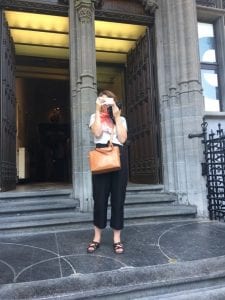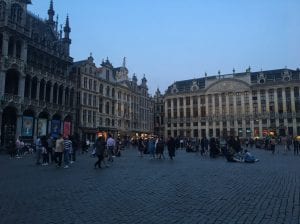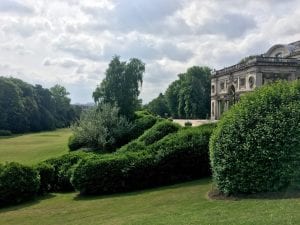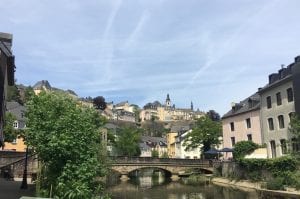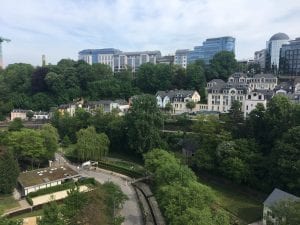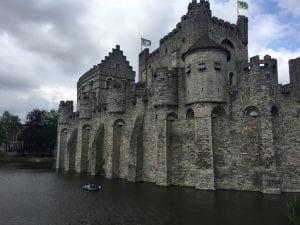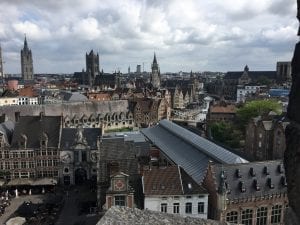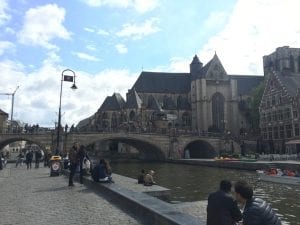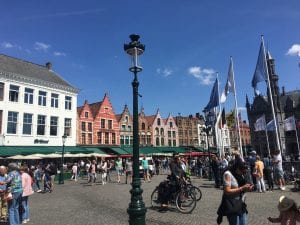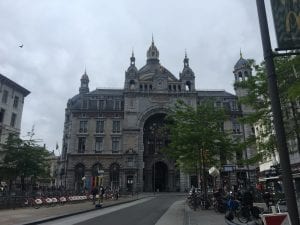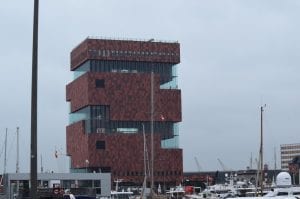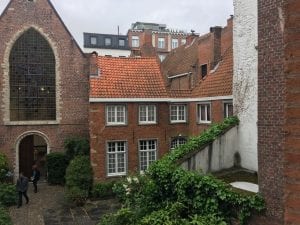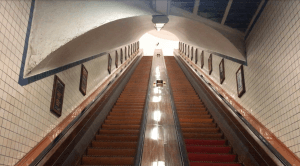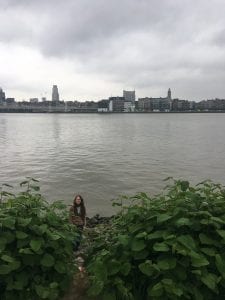2018-2019 is Chatham’s Global Focus Year of Ireland. Ireland is a great study abroad location with academics to suit many academic areas. Here are some study abroad in Ireland options to consider.
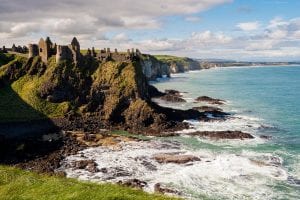
Semester (Spring 2019 or Fall 2019)
University of Limerick (CIS Abroad), https://www.cisabroad.com/study-abroad/ireland/semeter-in-limerick-university-of-limerick/
- $14,990/semester
- Course offerings include: Languages, History, Economics, Chemical Sciences, Computer Engineering, Biology, Education, Architecture, Math
IES Abroad Dublin Center (IES Abroad), https://www.iesabroad.org/programs/dublin-irish-studies
- $16,500/ semester
- Course offerings include Irish Studies, including literature, creative writing, cultural studies. Internship/ service learning opportunities available.
University College Cork (USAC), https://usac.edu/study-abroad-programs/ireland/cork/-fees-and-deadlines/2019/spring
- $14,493/semester
- Course offerings include: Medicine and Health, Business and Law, Engineering, Food Sciences, Arts, Celtic Studies, Social Science
Griffith College, Dublin (Athena Abroad and CAPA), http://www.athenaabroad.com/programs/study-abroad/ireland-dublin/#dates-prices and (CAPA) https://www.capa.org/dublin-ireland/dublin-fall/global-cities-fall
- $13,390/ semester (Athena); $16,495 (CAPA)
- Courses offerings include Business, Humanities, STEM, Arts and Social Science. Internships available with CAPA program.
National University of Ireland, Galway (CEA), https://www.ceastudyabroad.com/program/program-details/NUI-Galway-Full-Curriculum-99/Spring-2019-Spring-Semester-827
- $16,495/ semester
- Course offerings include: Humanities, Commerce, Irish Studies and Sciences
Dublin City University, Dublin (ISA), https://studiesabroad.com/programs/country/ireland/city/dublin/duration/255
- $16,995/ semester
- Course offerings include: Business, Education, Liberal Arts, STEM
Maynooth University, Dublin (API), https://apiabroad.com/program-finder/detail-program/?72
- $16,480/ semester
- Course offerings include: Arts, Music, Social & Natural Science
Ulster University, Ulster (IFSA-Butler), https://www.ifsa-butler.org/programs/?fwp_program_country=ireland
- $18,775/ semester
- Course offerings include: Irish Studies, Peace & Conflict Studies, Art, Social Work, Environmentalism, Music and Political Science

Summer 2019
National University of Ireland, Galway, www.nuigalway.ie/international-summer-school/courses/
- Irish Language
- 4 weeks, € 2,490-2,910
- Ecology: Living Landscapes in the West of Ireland
- 2-4 weeks, € 1,950-2,175/ module
- Irish Studies
- 4 weeks, €3,000-3,450
Global Cities Summer, Dublin (CAPA), https://www.capa.org/dublin-ireland/dublin-summer/global-cities-summer
- 8 weeks, $7,995
University of Limerick Summer Schools, Limerick, https://www.ul.ie/international/summer-schools
- 3 weeks, €2,950
- Course offerings include Irish Studies, Education, Health, Business
Nursing and Pre-Health Summer, Ulster (IFSA-Butler), https://www.ifsa-butler.org/program/summer-nursing-and-pre-health-university-of-ulster-coleraine/
- 6 weeks, $5,975
Dublin Internship Program (Arcadia), https://studyabroad.arcadia.edu/find-a-program/programs-by-country/ireland/dublin-internship-program-summer/
- 8 weeks, $5,950
University College Cork, Cork, https://www.ucc.ie/en/iss/
- 4 weeks, €2,300
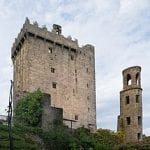
Check website links for up to date information. All program costs are are subject to change. Visit xe.com for up to date currency conversions.
For more study abroad options, use the search engines at iiepassport.org, studyabroad.com, gooverseas.com or goabroad.com.
One time $1200 study abroad voucher can be used toward any credit bearing program by Chatham undergraduate students.
Contact internationalaffairs@chatham.edu with any questions.

